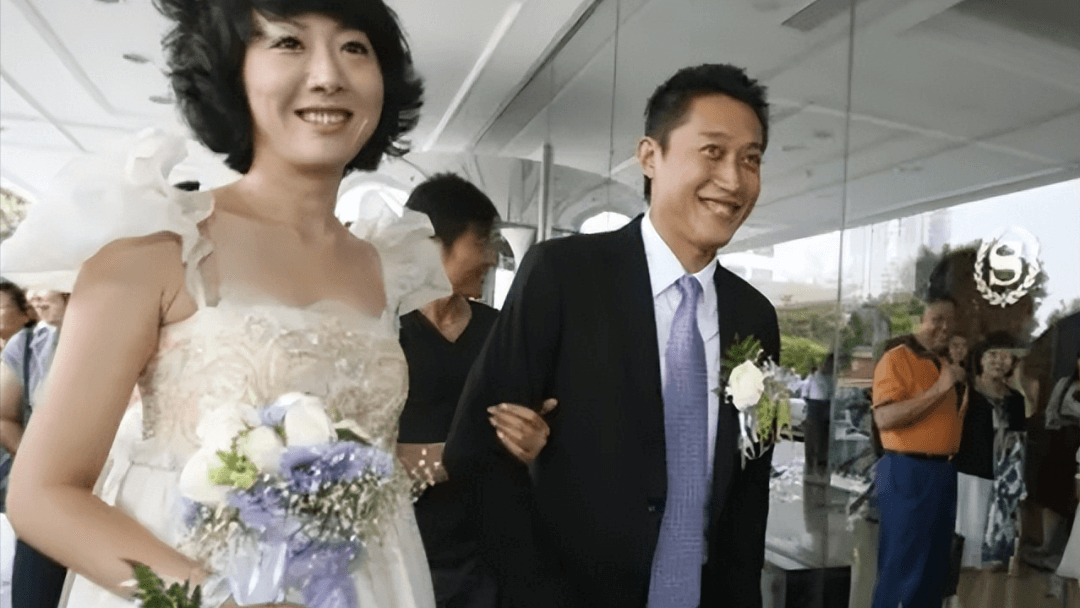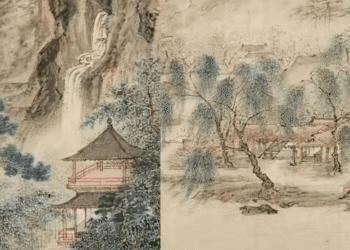
In 2013, 24-year-old Wang Xiao from Shaanxi Province, China, faced a grim diagnosis: uremia with only a year to live unless she received a kidney transplant. Desperate, she turned to an online cancer support group with an unusual request—she sought a terminally ill man willing to marry her, hoping to inherit his kidney after his passing.
Her heartfelt post read: “I’ll take care of you with all my heart after we’re married. Forgive me, but I just want to live.”
Her plea was answered by 27-year-old Yu Jianping, a myeloma patient with a compatible blood type. The two married quietly, making a pact: Wang would nurture Yu through his illness, and in return, she would receive his kidney after his death.
Yet, what began as a transactional arrangement transformed into a profound love story. Their shared optimism and humor brightened each other’s lives. Wang’s laughter lifted Yu’s spirits, and he repaid her kindness by cooking nourishing soup for her. Determined to save him, she sold handmade flower bouquets at a street stall, eventually raising 500,000 yuan (about US$70,000) to fund his bone-marrow transplant.
By mid-2014, Yu’s health had stabilized—and incredibly, Wang’s condition also improved dramatically, eliminating her need for a transplant altogether.
In 2015, the couple finally held a long-awaited wedding banquet, celebrating their enduring bond. Their story later inspired the 2024 hit film Viva La Vida, which earned over 276 million yuan at the Chinese box office.
Today, Wang and Yu run a thriving flower shop in Xi’an, enjoying good health and a peaceful life together.
One netizen perfectly captured their journey: “A marriage born of desperation became a miracle of love.”






